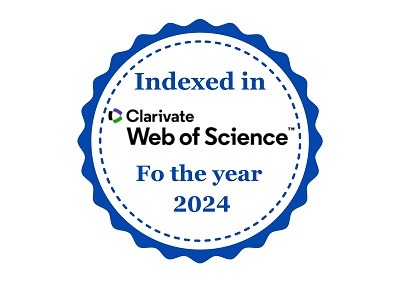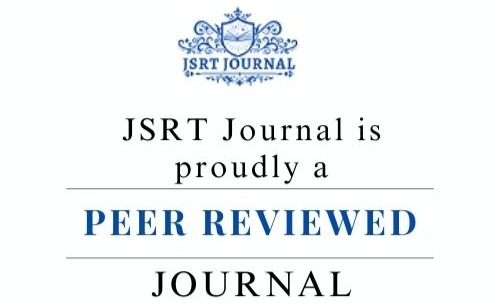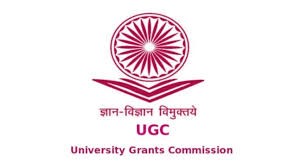Impact Of Digitalization In Fast Moving Consumer Goods Industry In India
DOI:
https://doi.org/10.61808/jsrt84Keywords:
Digitalization, FMCG, Consummers, E-Commerce.Abstract
While some individuals shop for groceries on a daily basis, others go grocery shopping once a week just to bulk up. Having said that, it is essential for everyone to buy food. The term "fast-moving consumer goods" (FMCG) is shorthand for things that are inexpensive, much sought after, and sell out rapidly. Because customers buy and use these products often, stores and supermarkets label them as "fast-moving" because they disappear off shop shelves so quickly. In India, the fast-moving consumer goods sector is a major economic driver. Household and personal care makes up half of the fast-moving consumer goods (FMCG) industry, which is the fourth biggest in the economy. Changing lifestyles, rising incomes, more knowledge, and better access have been the primary growth factors for fast-moving consumer goods (FMCG).There was a $56.8 billion FMCG market in December 2022. The forecasted total revenue for the FMCG market is roughly $615.87 billion, with a compound annual growth rate (CAGR) of 27.9% from 2021–27.
The study shows that there are different opinions on digitization and that it is a wide-ranging issue. However, when people think of digitization in the fast moving goods business, particularly in the food sector, they usually picture the tools and processes that help sell food online. The current surge, on the other hand, is attributable to the fact that people are becoming used to buying online and are hence requesting this functionality for their grocery shopping as well. Companies in the food business can't help but consider digitization in response to customer demands for digital solutions, as customers are the industry's most important players. Electronic commerce (e-commerce) opens up a worldwide market and frees retailers from some availability constraints, allowing customers to buy things whenever and wherever they want, according to today's literature.
Due to the wide range of temperatures and relatively short shelf life of many items, the food business has its fair share of unique issues. This presents both a barrier and an opportunity for online food sellers in terms of delivery. Everyone involved in the sector is aware of this, thus they're all working to find a delivery solution. But it's debatable that the food sector as a whole has to expand if e-commerce is going to be a viable and lucrative business model for enterprises. This includes the FMCG digital market.











